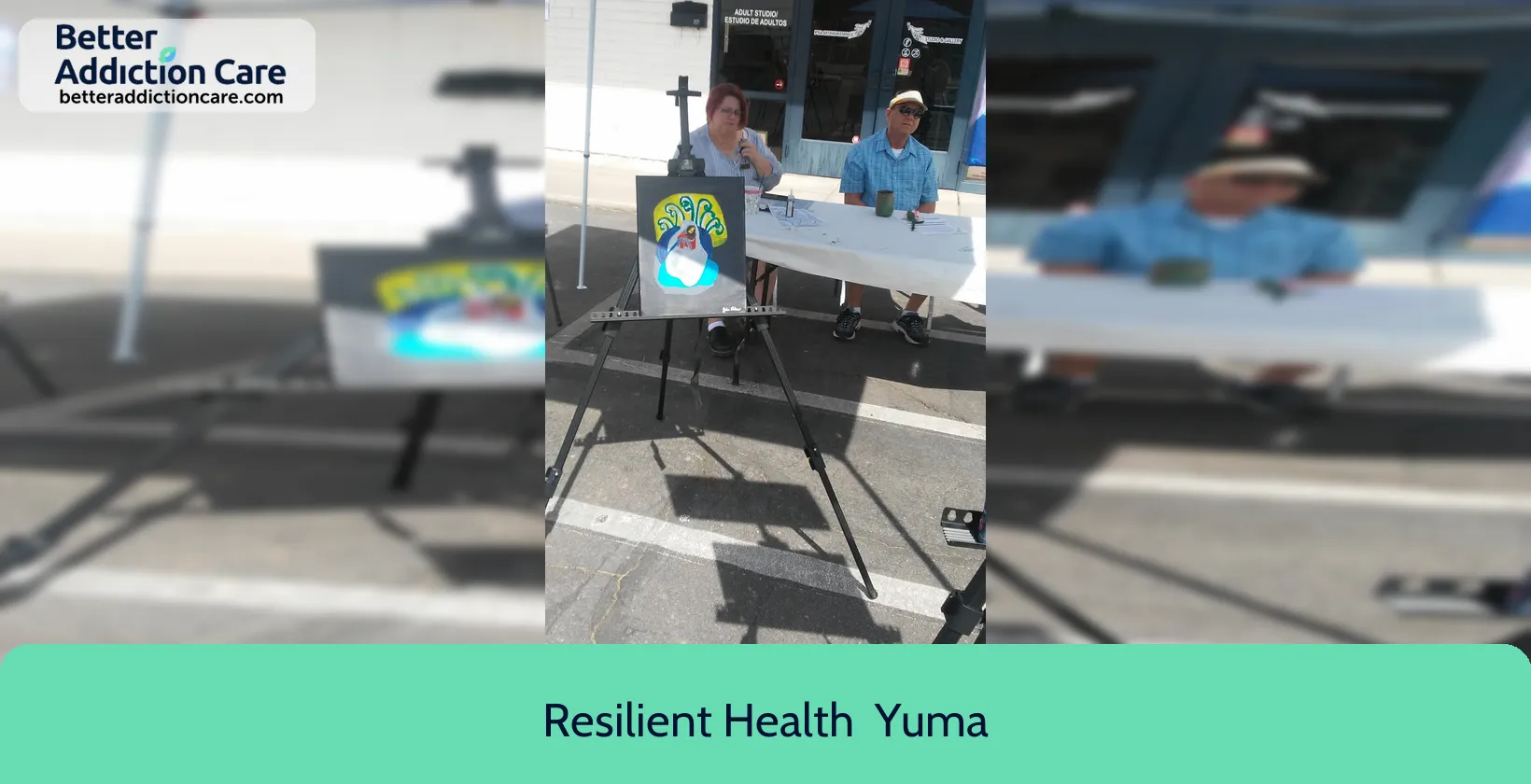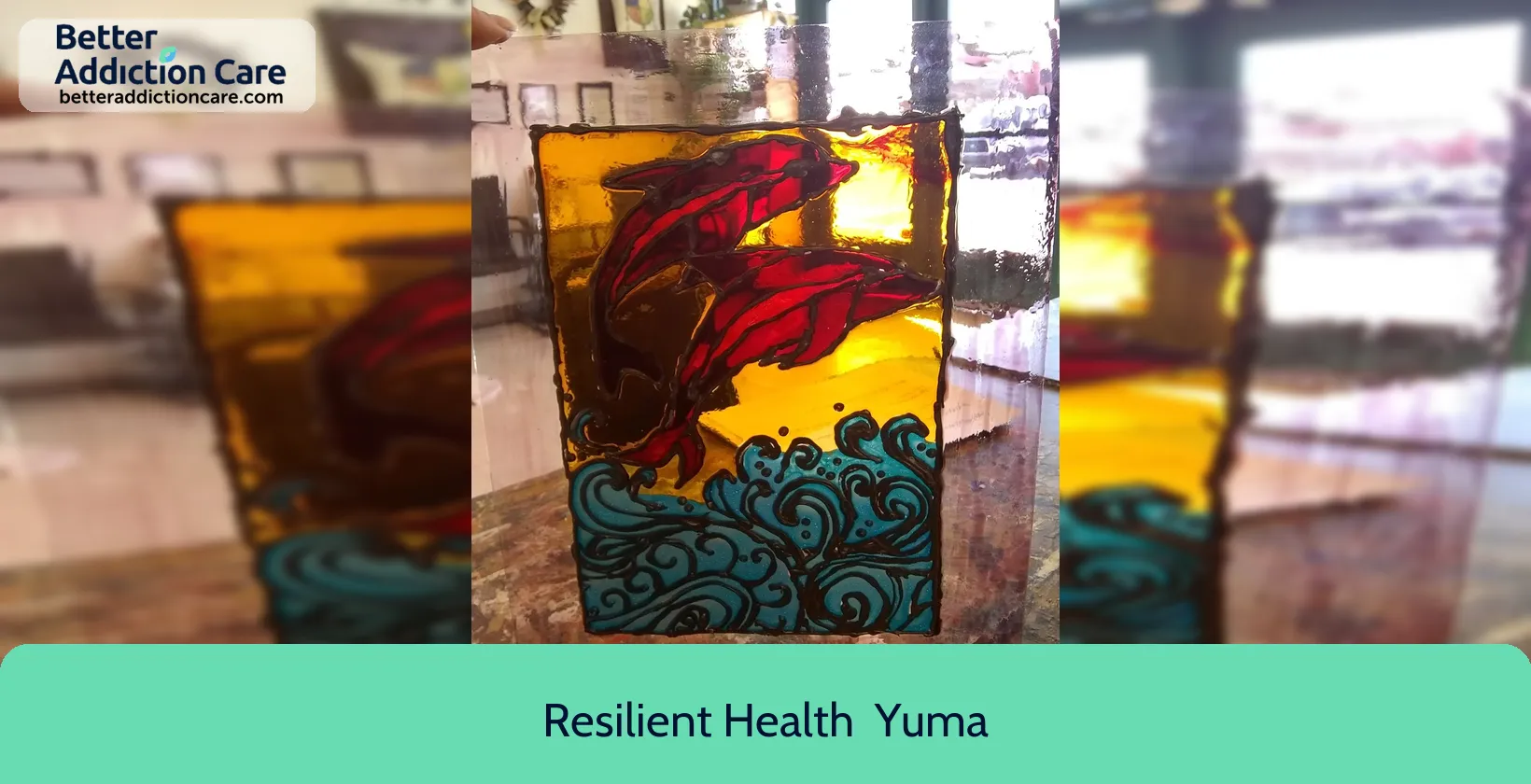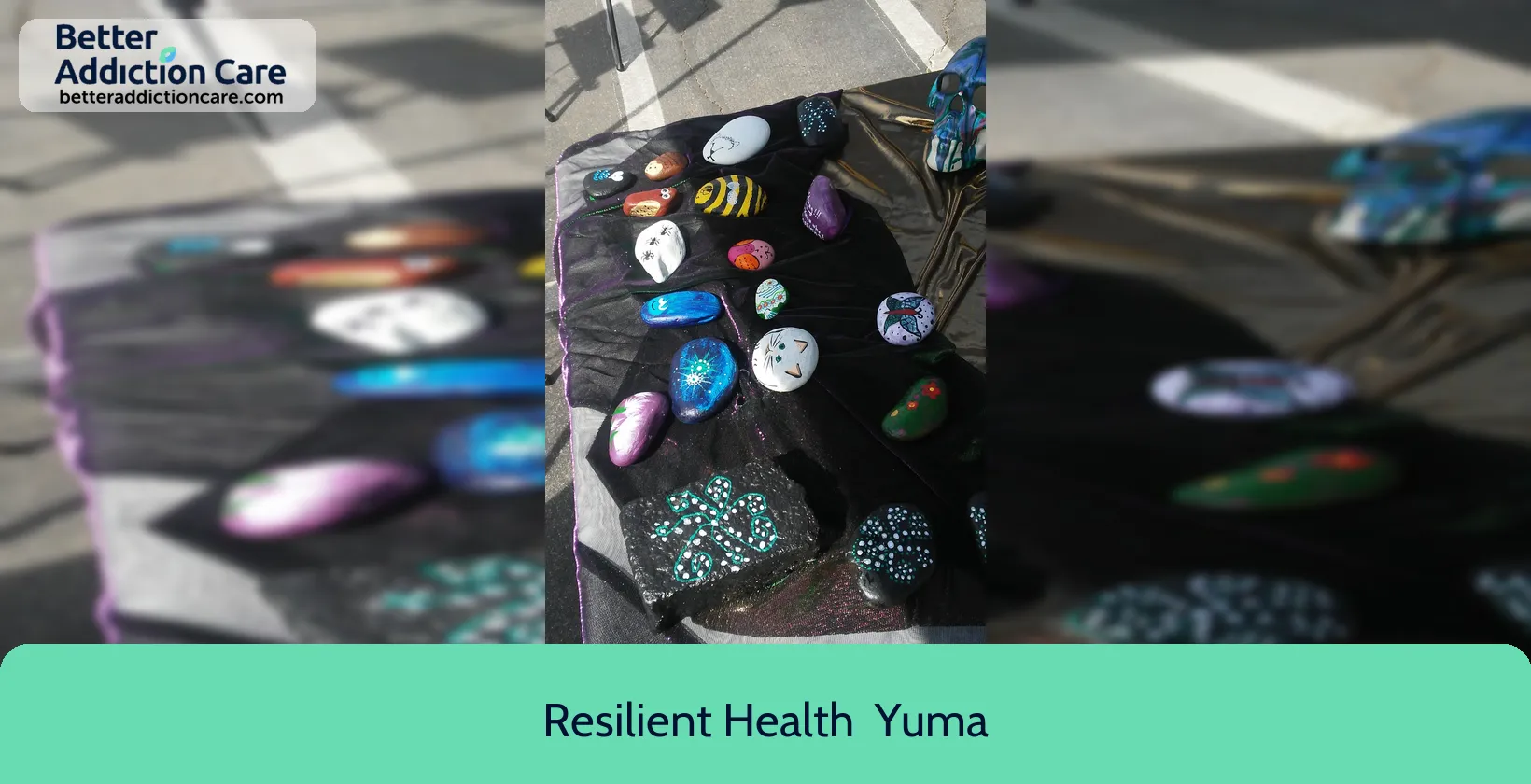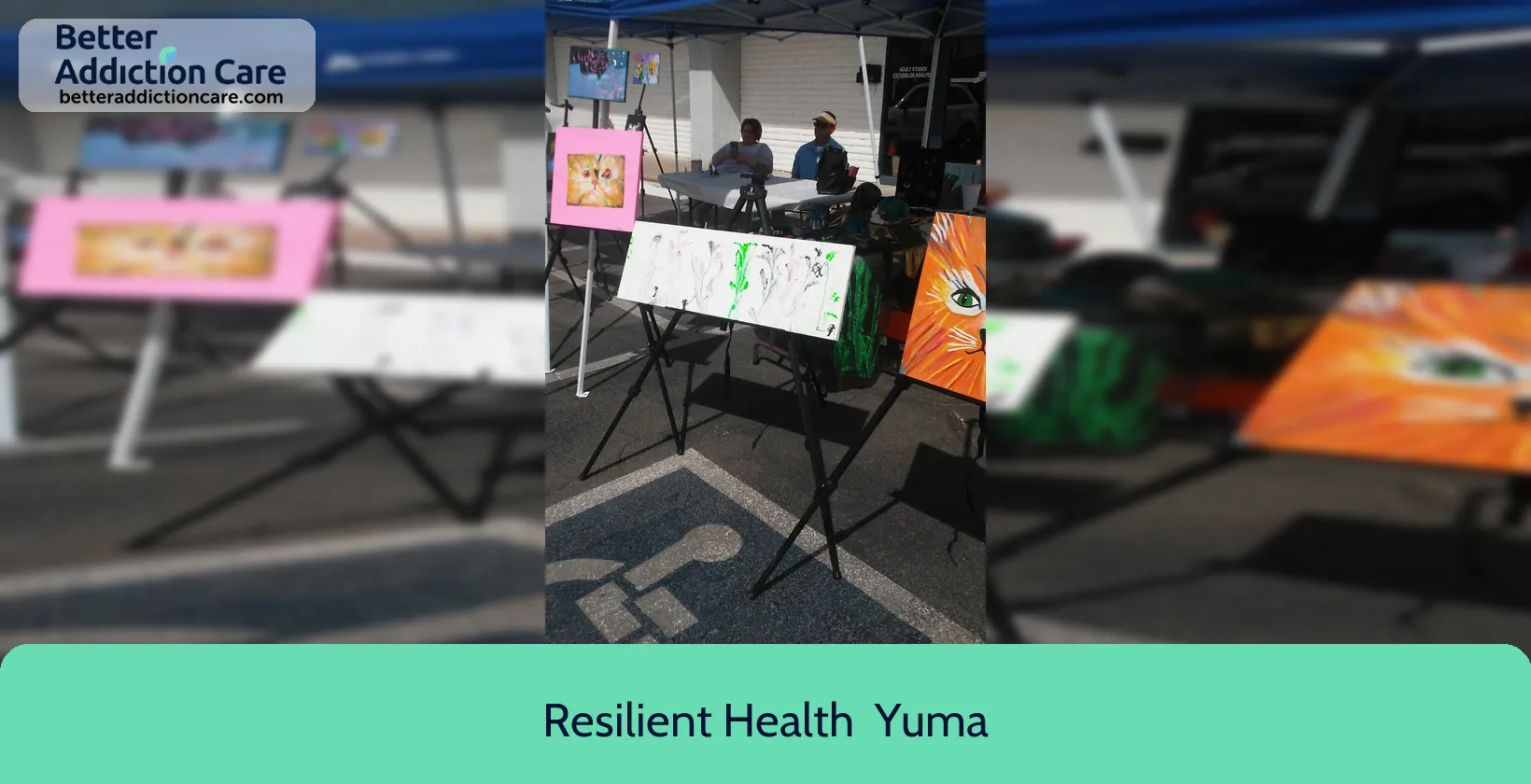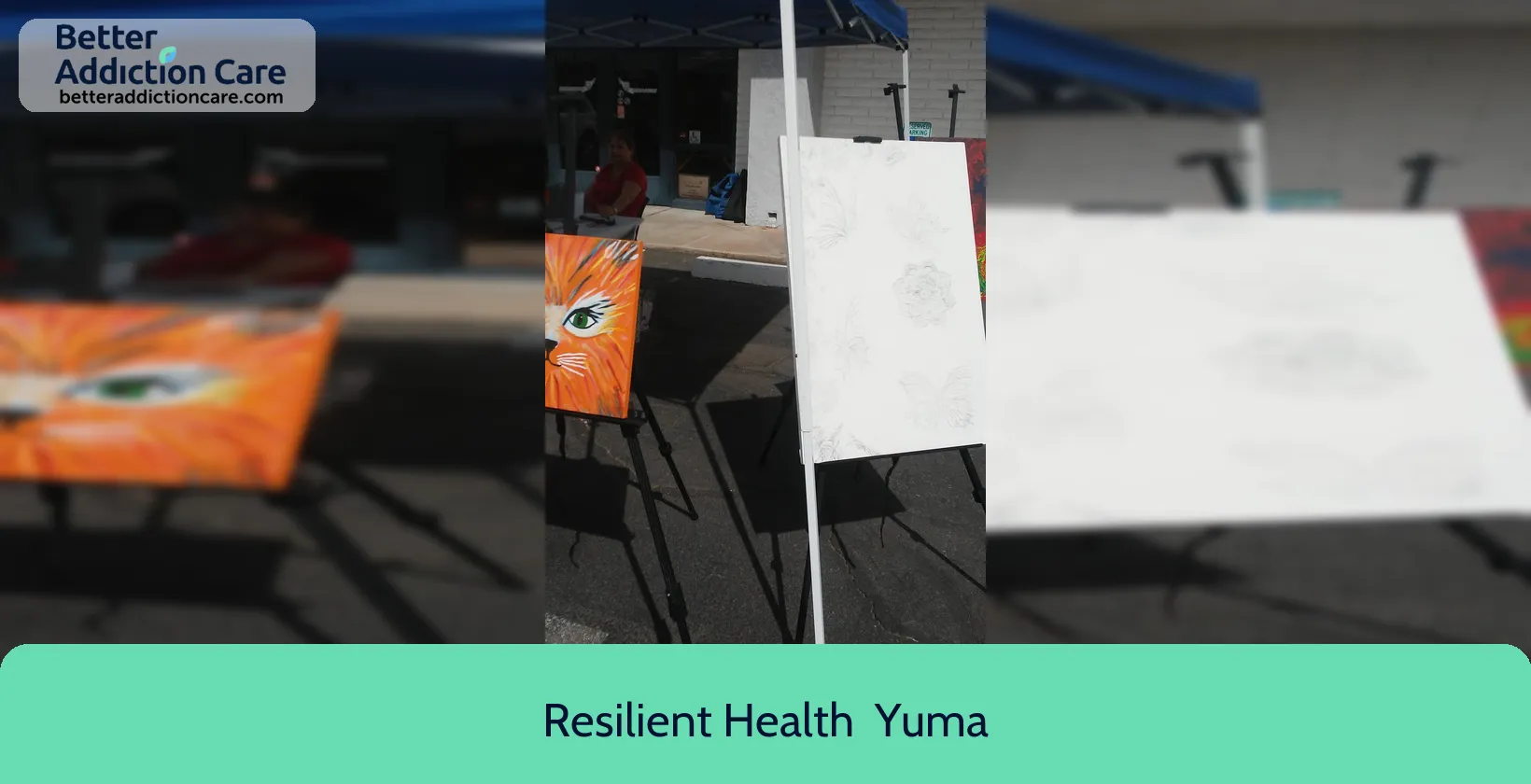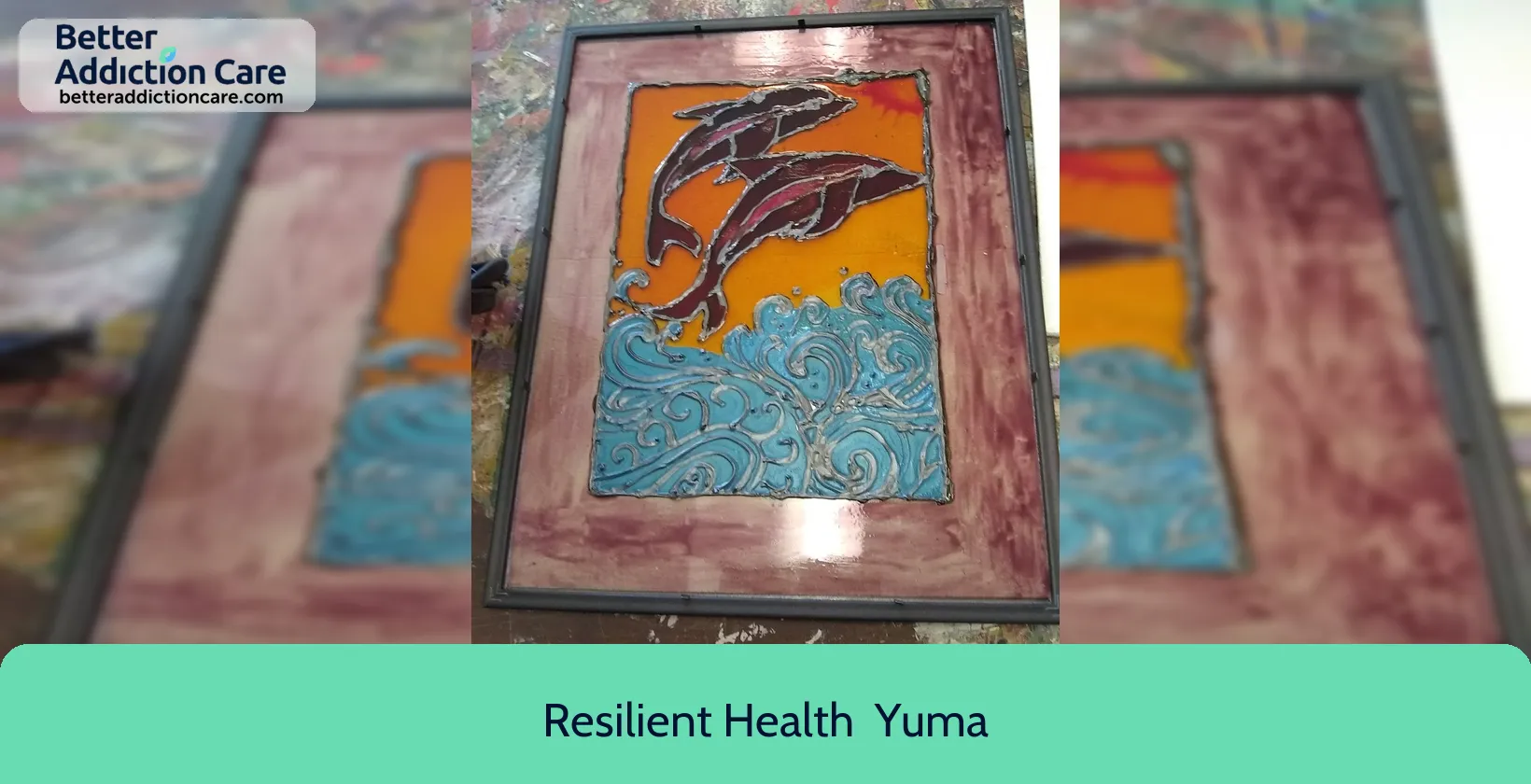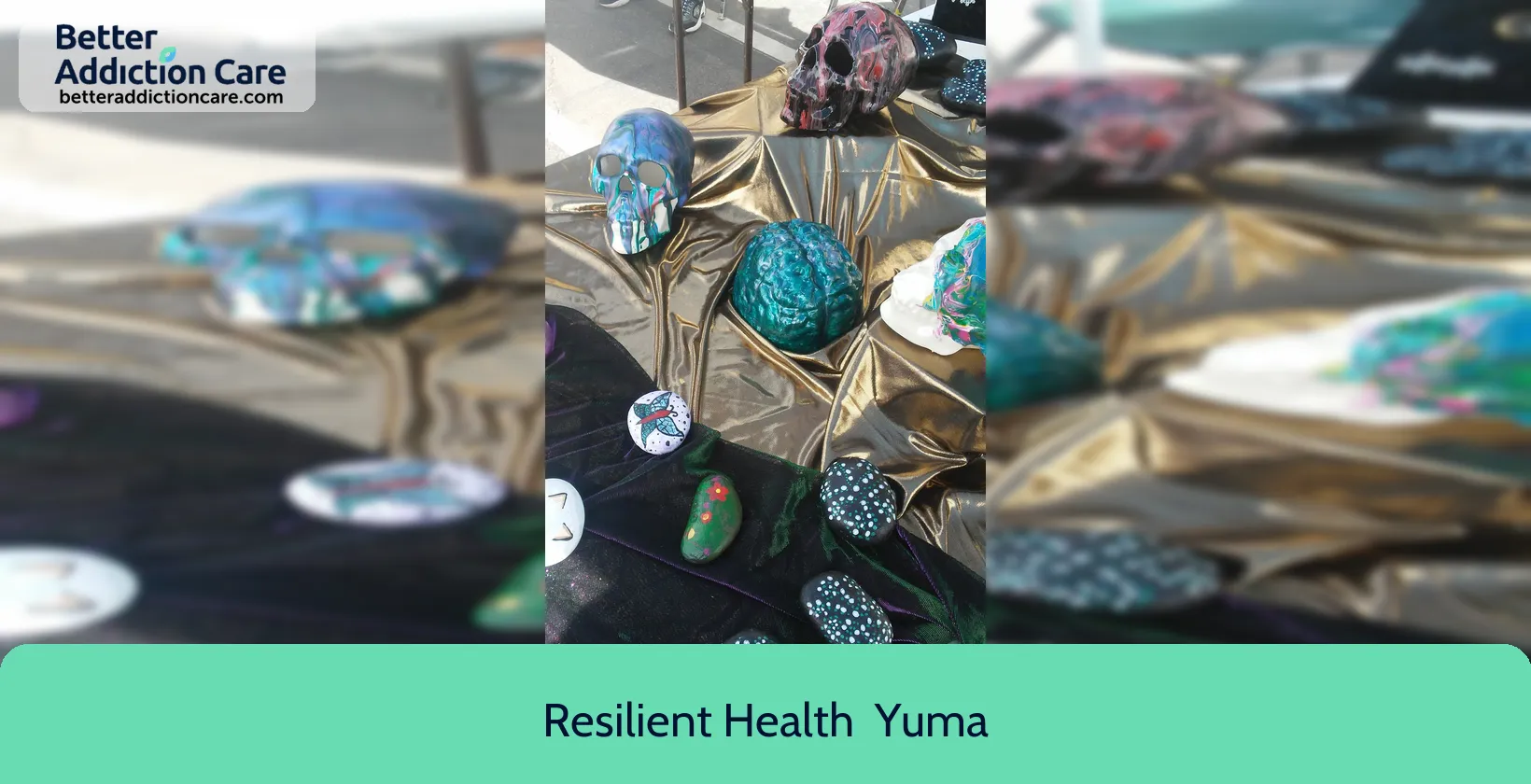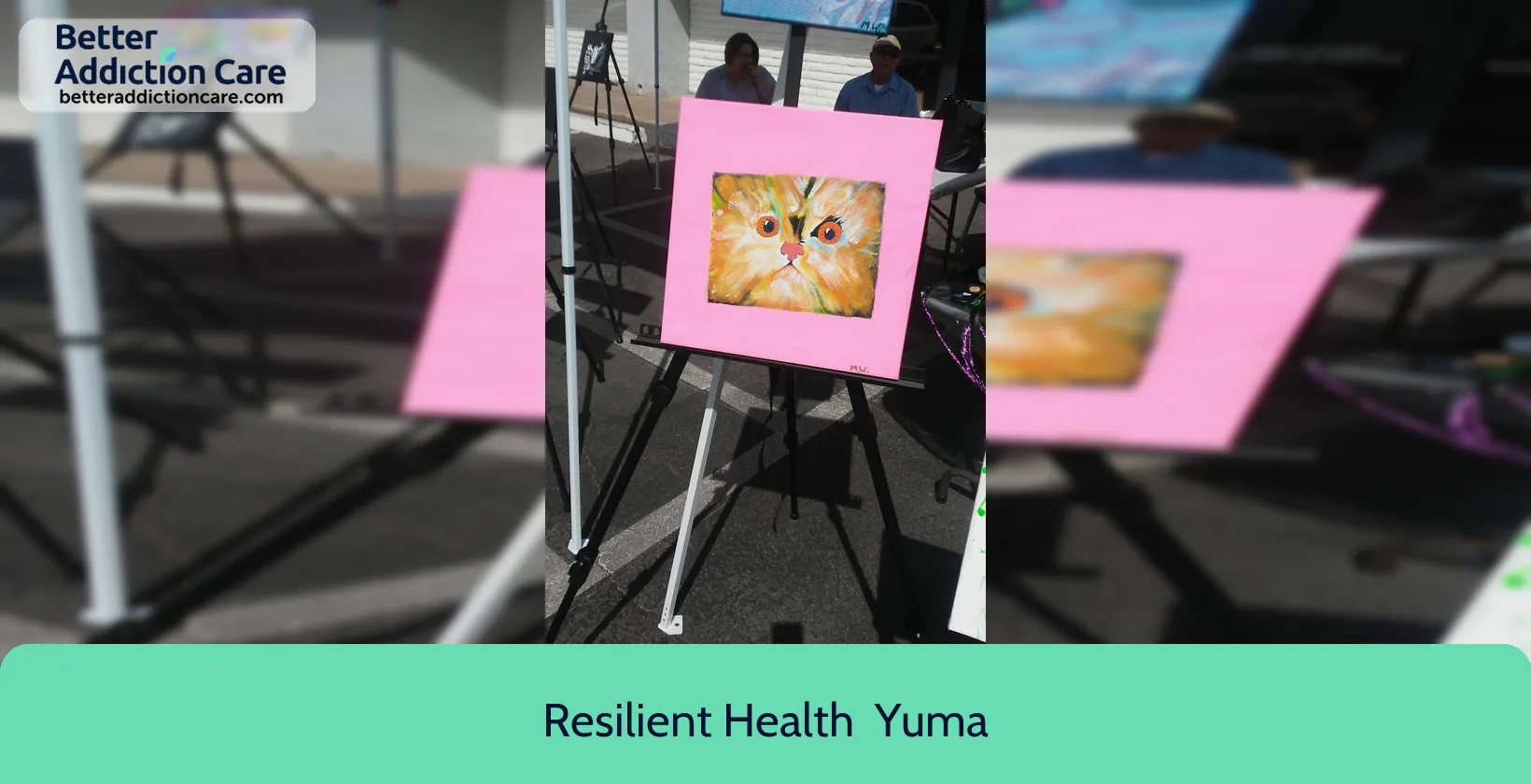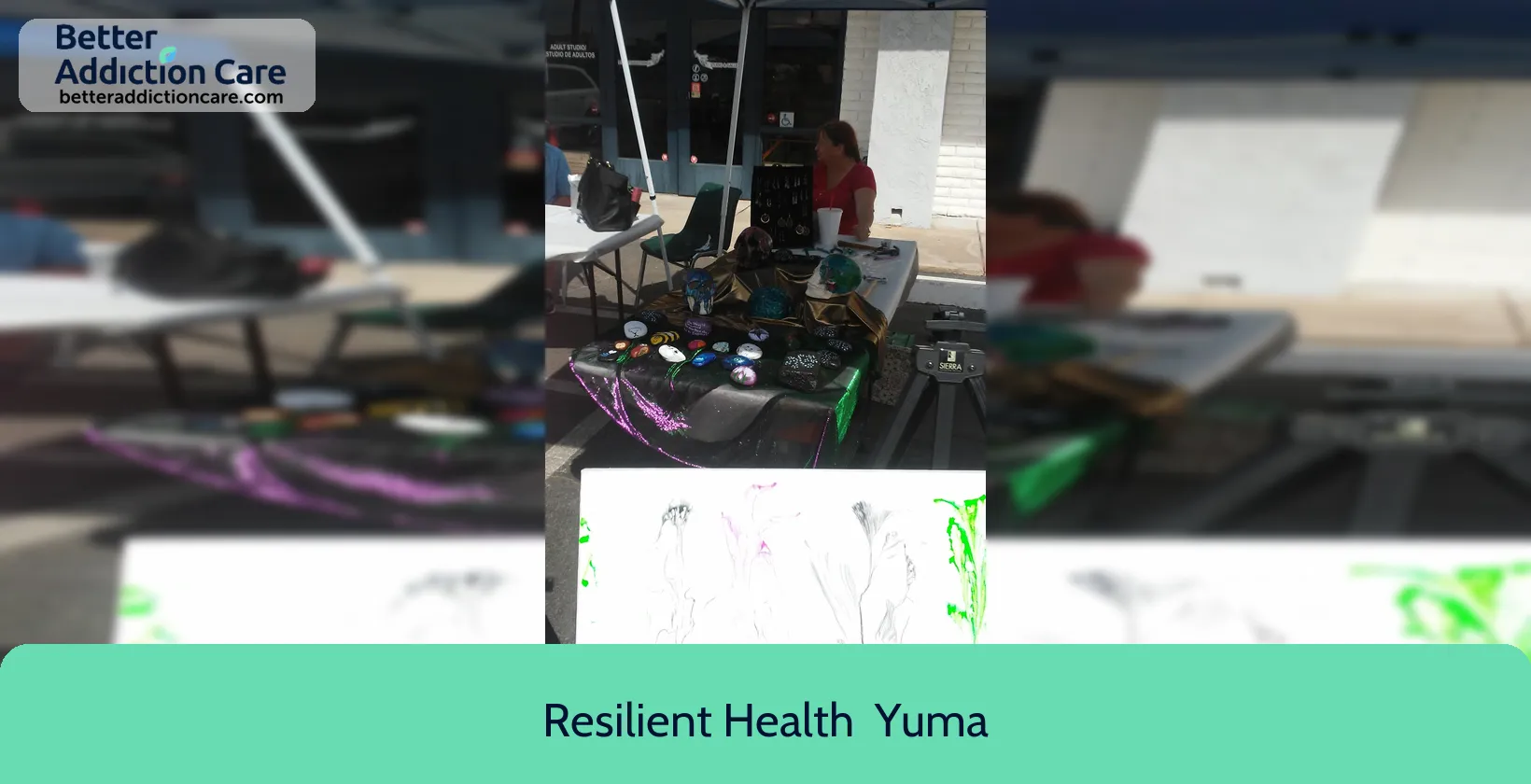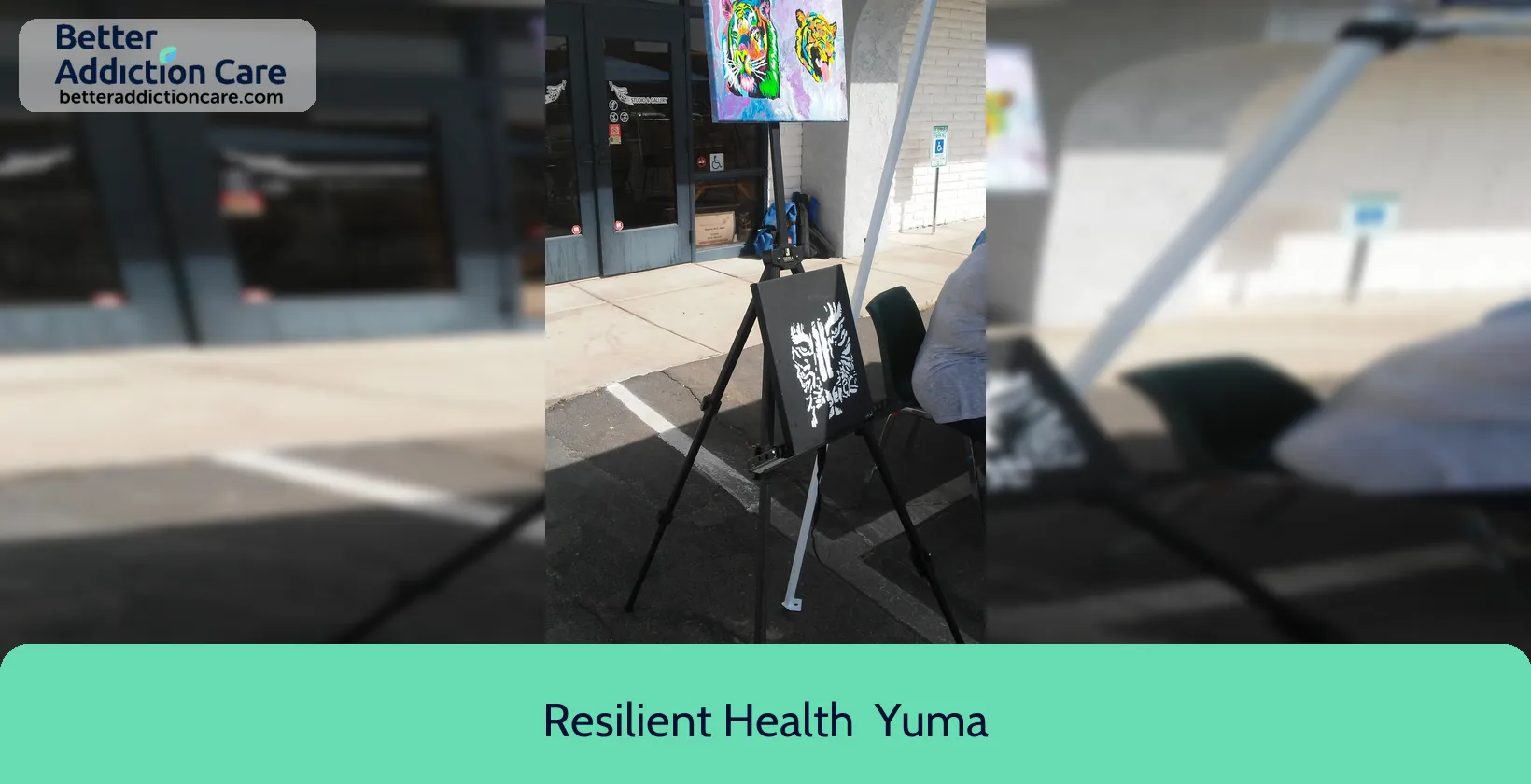Resilient Health - Yuma
Overview
Resilient Health - Yuma is a substance abuse treatment center for people seeking treatment near Yuma County. As part of their treatment modalities for recovery, Resilient Health - Yuma provides individual psychotherapy, group counseling, and family counseling during treatment. Resilient Health - Yuma is located in Yuma, Arizona, accepting medicaid for treatment.
Resilient Health - Yuma at a Glance
Payment Options
- Medicaid
- Cash or self-payment
Assessments
- Comprehensive mental health assessment
- Comprehensive substance use assessment
Age Groups
- Adults
- Young adults
- Children/adolescents
Operation
- Private non-profit organization
Highlights About Resilient Health - Yuma
6.71/10
With an overall rating of 6.71/10, this facility has following balanced range of services. Alcohol Rehabilitation: 8.00/10, Drug Rehab and Detox: 6.00/10, Insurance and Payments: 6.00/10, Treatment Options: 6.85/10.-
Alcohol Rehabilitation 8.00
-
Treatment Options 6.85
-
Drug Rehab and Detox 6.00
-
Insurance and Payments 6.00
Accreditations
Commission on Accreditation of Rehabilitation Facilities (CARF):

CARF accreditation is a prestigious recognition for organizations in rehabilitation and human services. It signifies that an organization meets rigorous quality standards and is committed to providing top-notch care. Achieving CARF accreditation involves a thorough evaluation process, including on-site surveys, to ensure excellence in programs and services. This accreditation boosts an organization's credibility, assures clients and funders of quality, and promotes ongoing improvement in the field of rehabilitation and human services.
Registration: 243137
Treatment At Resilient Health - Yuma
Treatment Conditions
- Mental health treatment
- Substance use treatment
- Co-occurring Disorders
Care Levels
- Aftercare
- Outpatient
Treatment Modalities
- Individual psychotherapy
- Group counseling
- Family counseling
- Trauma-related counseling
- Experiential Therapy
Ancillary Services
Languages
- Sign language services for the deaf and hard of hearing
Special Programs
- Clients who have experienced trauma
Get Help Now
Common Questions About Resilient Health - Yuma
Contact Information
Other Facilities in Yuma

6.74

7.09
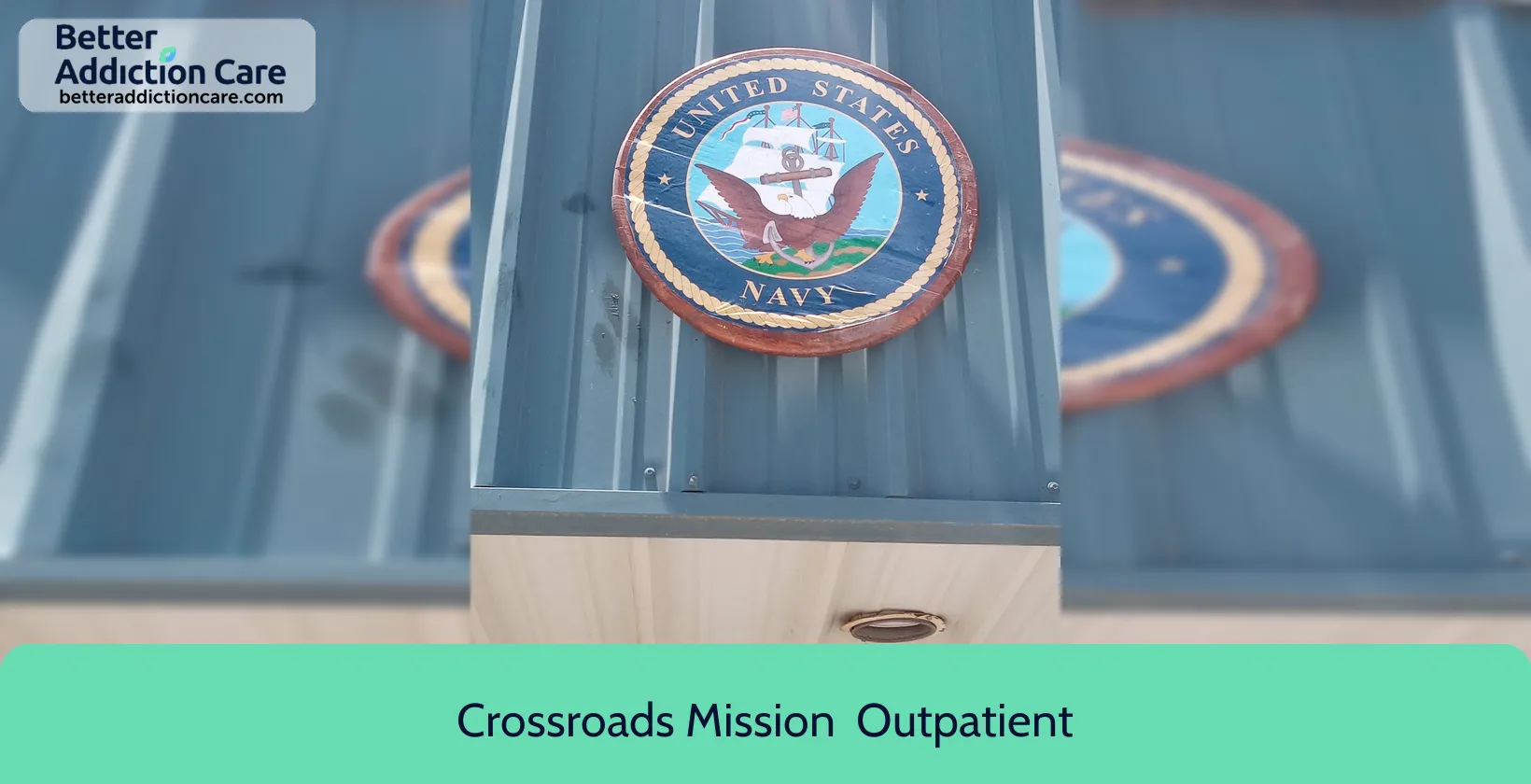
6.67
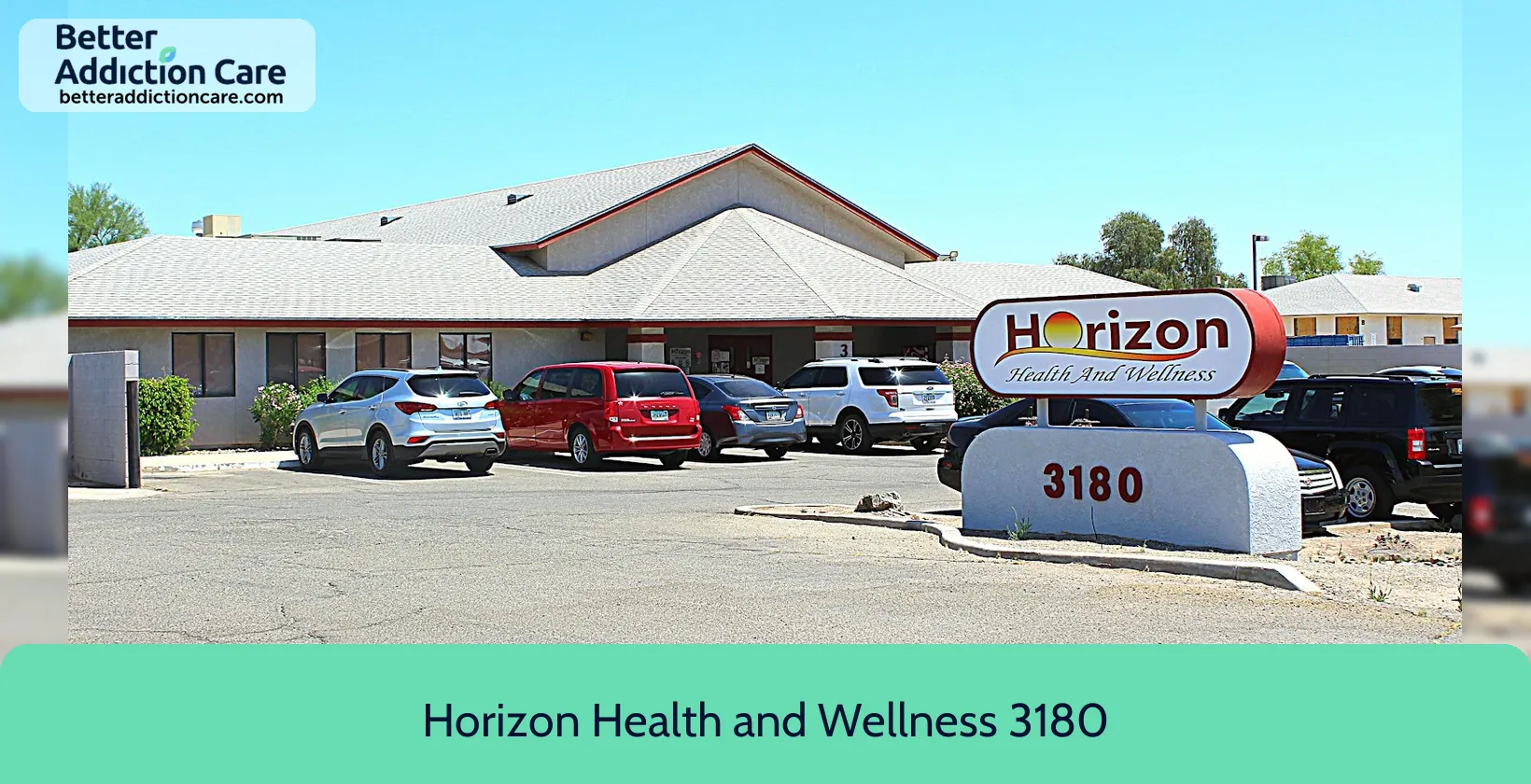
7.00
DISCLAIMER: The facility name, logo and brand are the property and registered trademarks of Horizon Health and Wellness 3180 E. 40th St, and are being used for identification and informational purposes only. Use of these names, logos and brands shall not imply endorsement. BetterAddictionCare.com is not affiliated with or sponsored by Horizon Health and Wellness 3180 E. 40th St.
